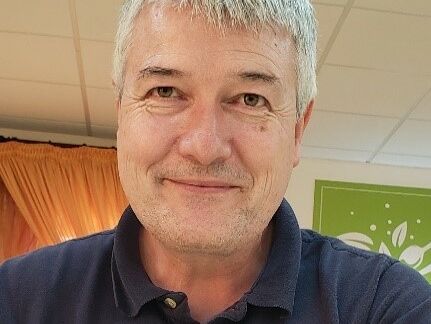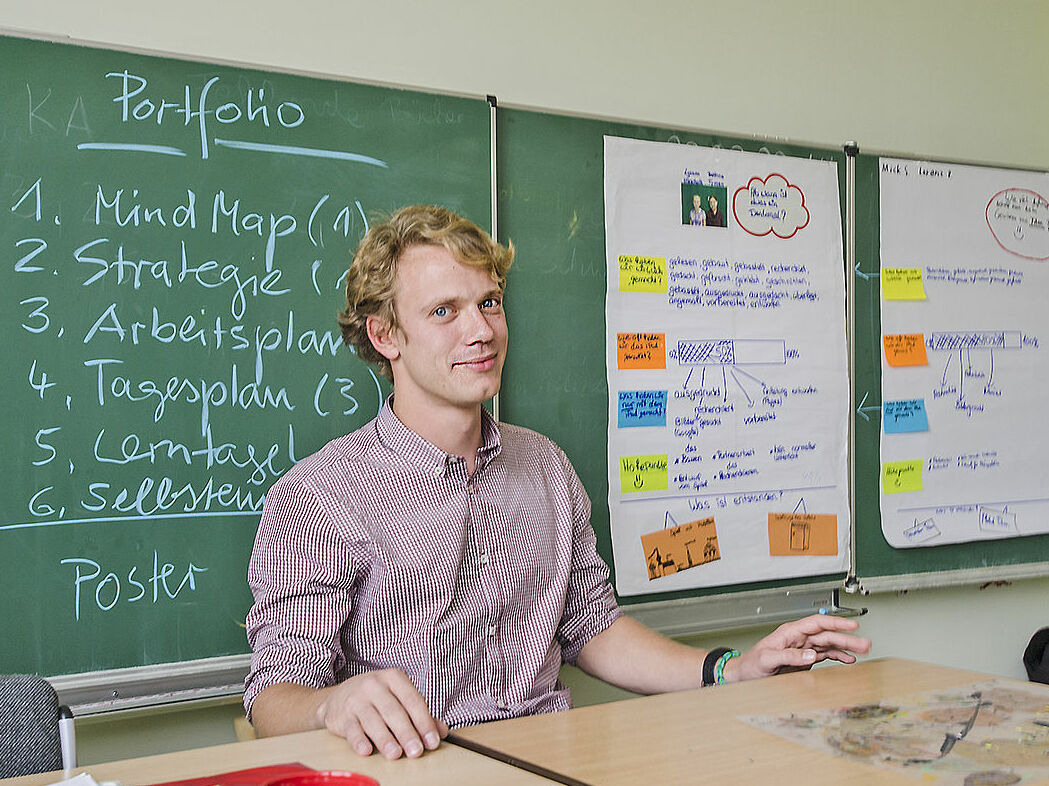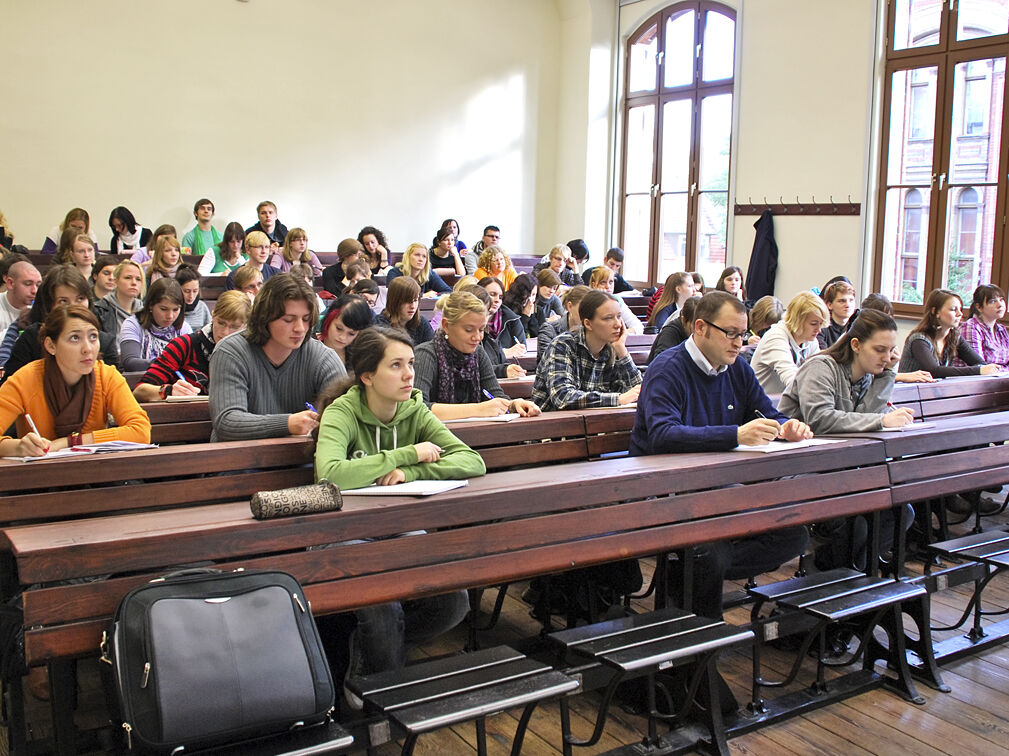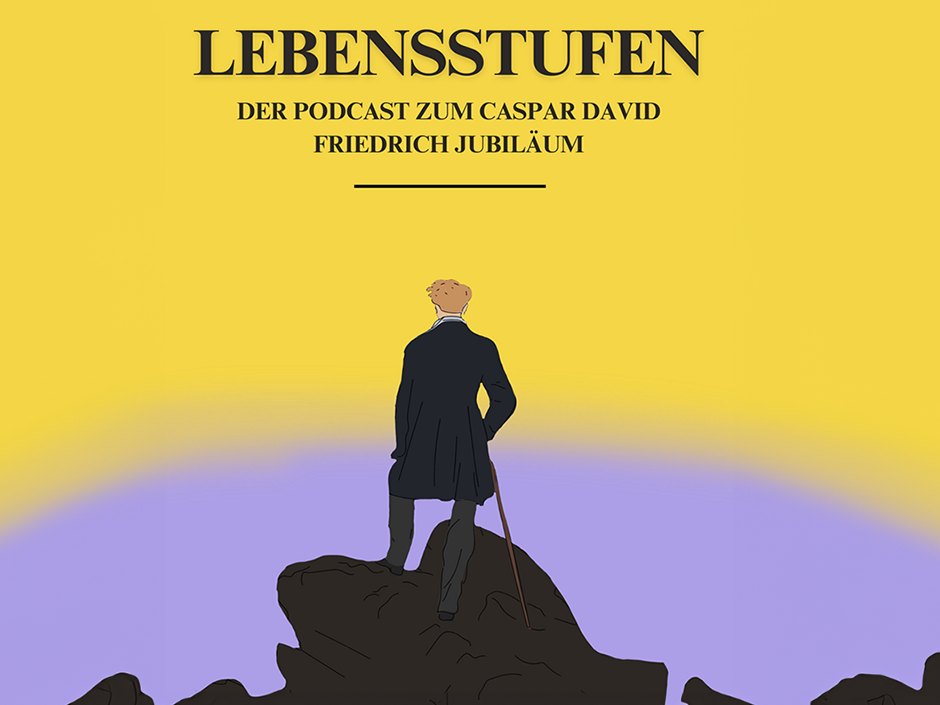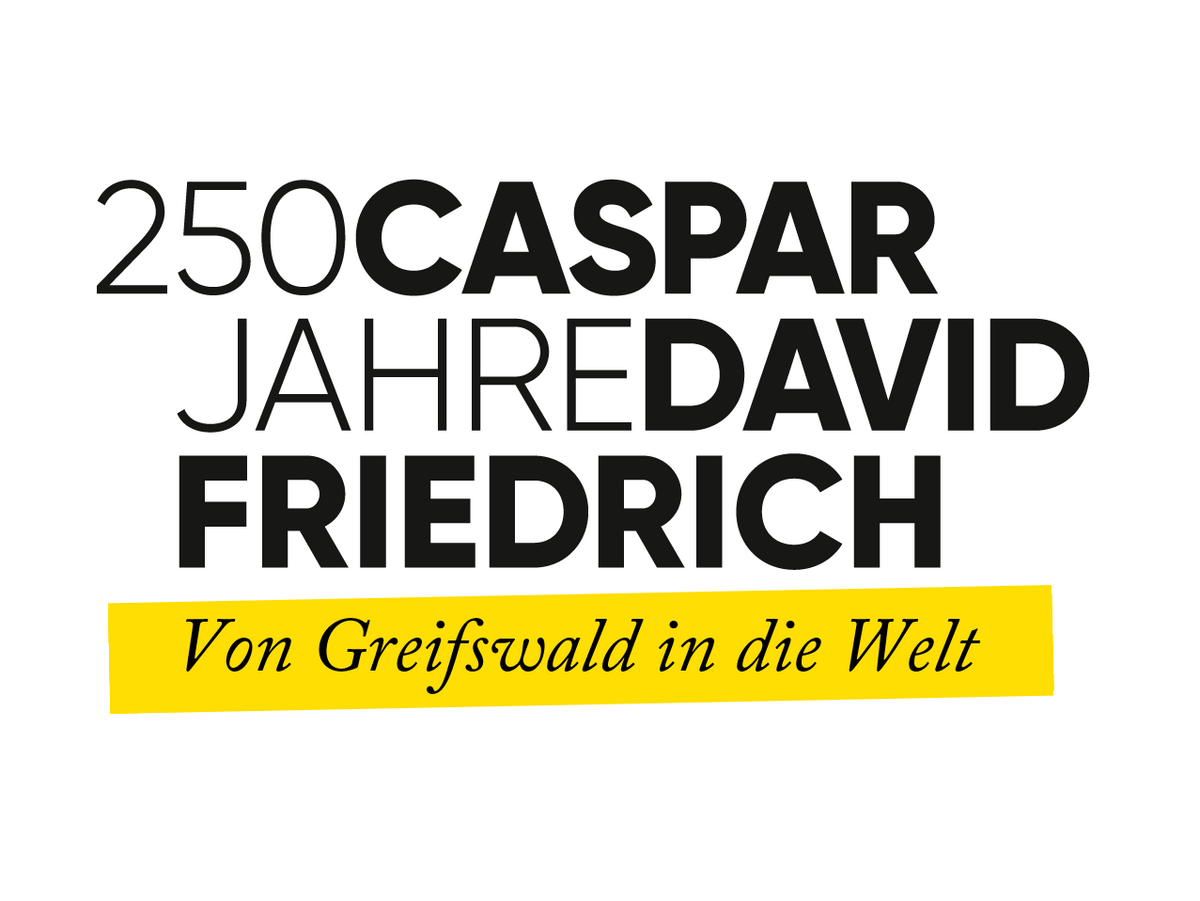The globally distributed chronic infectious disease tuberculosis (TB) is caused by bacteria of the Mycobacterium tuberculosis complex (MTC). Mycobacteria have peculiar characteristics and intricate epidemiological patterns where transmission chains may include humans, domestic animals, and wildlife. In low- and middle-income countries, human and animal TB infection is endemic and bovine TB control programs are often not implemented due to economic or ethical reasons. This presentation addresses animal TB epidemiology and control and explores how advances in veterinary science impact wildlife conservation and human health.
Two characteristics of the MTC are particularly relevant for TB epidemiology and control, namely the ability of these pathogens to survive in the environment and thereby facilitate indirect transmission via water or food, and their capacity to infect multiple host species. This implies that reducing the opportunities for indirect cross-species transmission can contribute to TB control and that it is time to address complex and dynamic host communities where several wild and domestic species and the environment contribute to pathogen maintenance. In this context, modern integrated disease control should switch from single tool test and cull approaches to integrated ones including farm biosafety and, notably, vaccination.
Research on TB vaccines has led to using inactivated mycobacteria as immunostimulants to induce protection against TB and cross-protection against several unrelated pathogens through a mechanism known as trained immunity. The improved understanding of TB epidemiology, control, and immunology will hopefully contribute to human and animal health and to wildlife conservation.
Christian Gortázar defended his doctoral thesis at the University of Zaragoza in 1997. He is a professor of animal health at the National Wildlife Research Institute IREC, a joint center between the University of Castilla - La Mancha and the CSIC, in Ciudad Real. He has supervised >25 doctoral theses and is the co-author of >500 scientific articles. His research activity combines ecology and veterinary sciences to provide solutions to emerging health problems such as tuberculosis or African swine fever. He currently heads the research group Health and Biotechnology SaBio (www.IREC.es).
Chair: Barbara Bröker, University Medicine Greifswald, Germany
-------
Organizational information
The Alfried Krupp Wissenschaftskolleg is offering this event live as a zoom meeting in which viewers can participate in writing via chat.
- We would be pleased if you provided your clear name when dialing into Zoom. Of course, you can also take part in the event under a pseudonym.
- A list of all participants can be viewed by all those involved throughout the event.
- During the lecture, the microphones of the spectators are all automatically muted so that no disturbing background noise is generated. You are welcome to turn on the camera of the spectators during the lecture.
- During the entire event, requests to speak or questions can be asked in writing in the chat.
Recording of the digital lecture
The digital lecture will be recorded for use in the college's media library. Only the speaker, his/her presentation and the moderator will be heard or seen in the recording. Video, audio or chat contributions are not recorded. A "REC" sign at the edge of the picture informs the participants.


